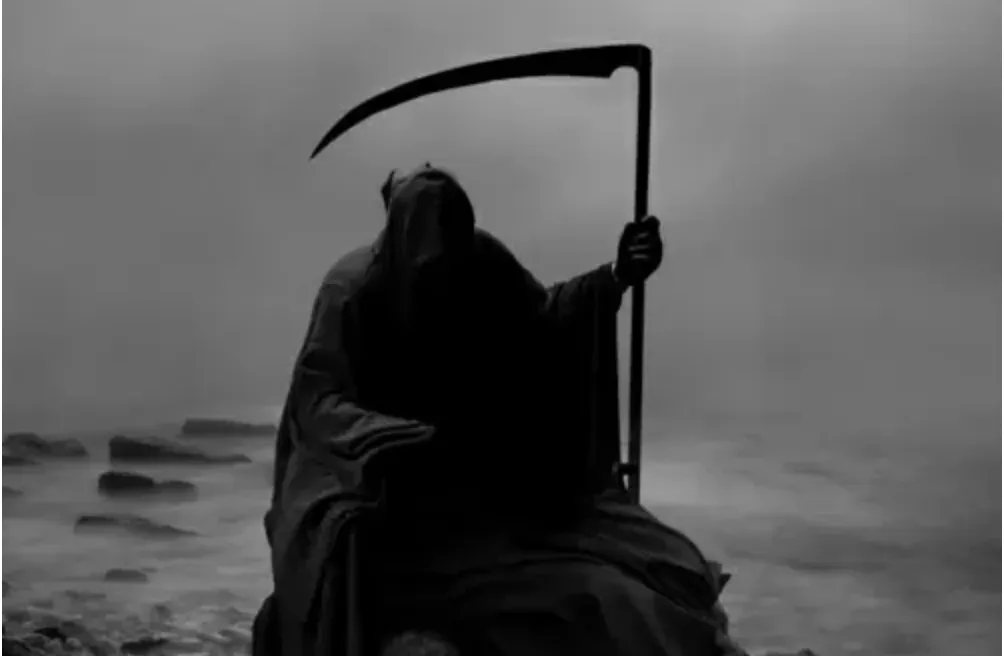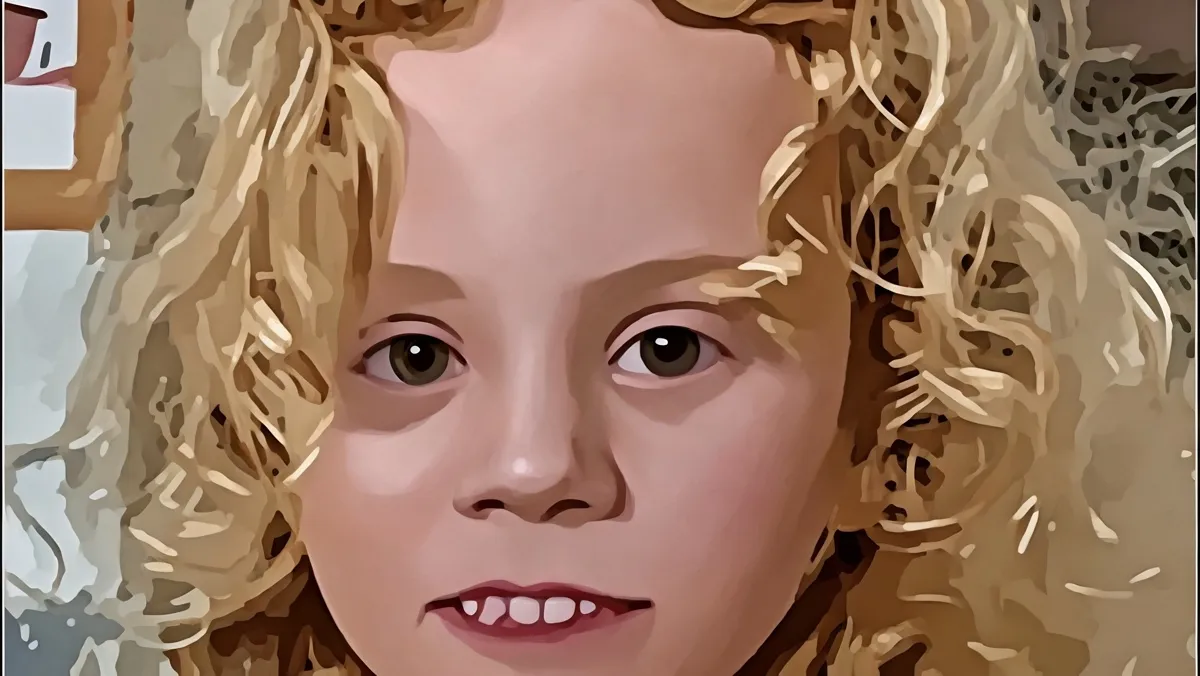Table of Contents
Michael Cook
mercatornet.com
Michael Cook is the editor of MercatorNet
Foreign observers might have the impression that it is always open season for euthanasia in the Netherlands. Not so. While the guidelines are elastic and subject to interpretation, they do exist and people violating them risk prosecution.
A recent story on euthanasia in the Netherlands illustrates this. A pillar of Dutch policy is that only qualified doctors are permitted to help people die.
Last week police arrested a 28-year-old Einhoven man, identified as Alex S, and charged him with illegally assisting in suicide, money laundering, and drugs offences. It is alleged that he had sold a suicide drug to hundreds of people for 20 euros over the internet and at least six have died.
The police stepped in after a woman was found dead after consuming a drug known as Agent X and an accompanying anti-vomiting drug. Police said that Alex S. could have sold these drugs to hundreds. Some of his clients were young people.
According to police, Alex S had links to Cooperatie Laatste Wil (Last Wish Cooperative), a shadowy fundamentalist euthanasia group which promotes “assisted suicide and self-euthanasia without the intervention of doctors”. It believes that access to the means for suicide is a universal human right and is said to have about 36,000 members in the Netherlands. Similar groups operate under the radar in other countries.
Even in the Netherlands, people are wary of making painless methods of suicide freely available. They understand that vulnerable people could die – or even be targeted.
Indicative of the state of Dutch public opinion was a long feature article in the popular newspaper de Volkskrant about the death of a 28-year-old woman named Marjolein in September 2020. She had a history of depression and mental instability. She also bought the suicide drug from an agent of Cooperatie Laatste Wil — and changed her mind almost immediately. Efforts to rescue her failed. The article concludes:
“Coöperatie Laatste Wil is partly to blame for her daughter’s suicide, says mother Yvonne. ‘They took her life. They have helped someone into the other world who still had so many dreams. She wanted to travel, have children. She was a support to others. If you call yourself a rescuer, you can’t talk someone to death. Then you have to offer real help.’”
Jos van Wijk, chairman of the CLW, indignantly rejected the family’s accusations of improper conduct. “The CLW adheres to the rules of the law,” he says.
Australian right-to-die activist Dr Philip Nitschke is one of the world’s best-known advocates of the notion that it is a basic human right to choose the time, manner and place of one’s death, at any age, in any condition. (Nowadays he is living in the Netherlands.) Much of what he says is shocking, but in one of his recent tweets, he put his finger on the fundamental reason for the existence of an organised rational suicide movement in the Netherlands (and elsewhere).
“Efforts to suppress rational suicide [are] ‘a sign of an increasingly sick society,” he told an interviewer. “They were a sign that, maybe, society wasn’t so confident in its reasons for insisting on life.”v
Please share this article so that others can discover The BFD.









